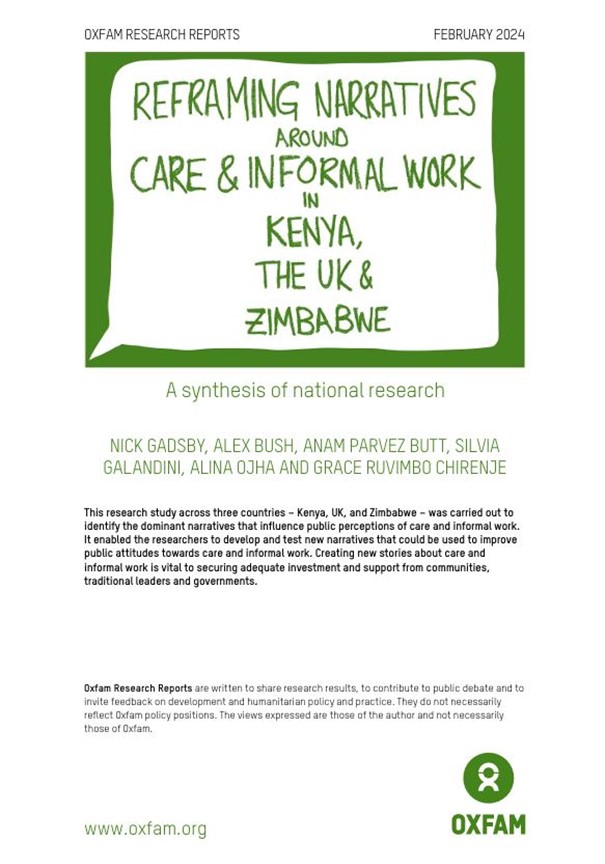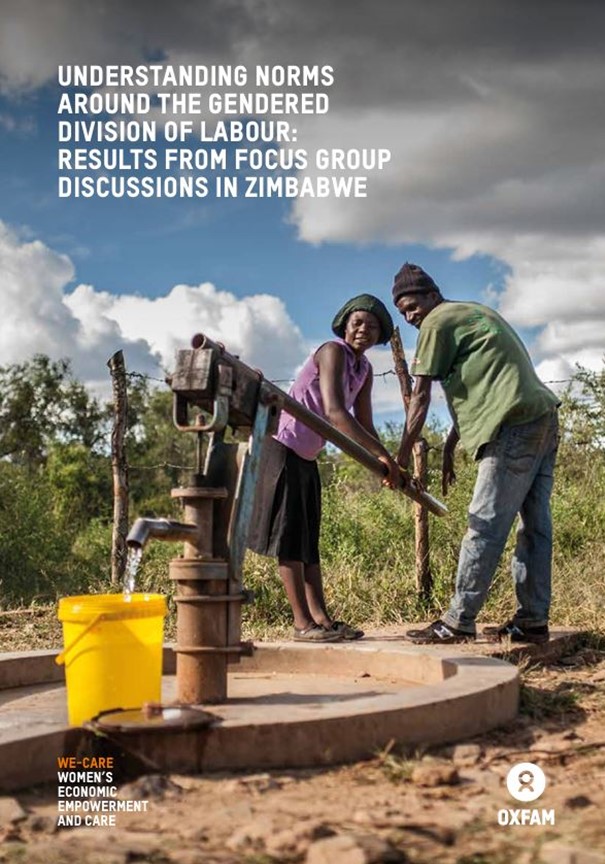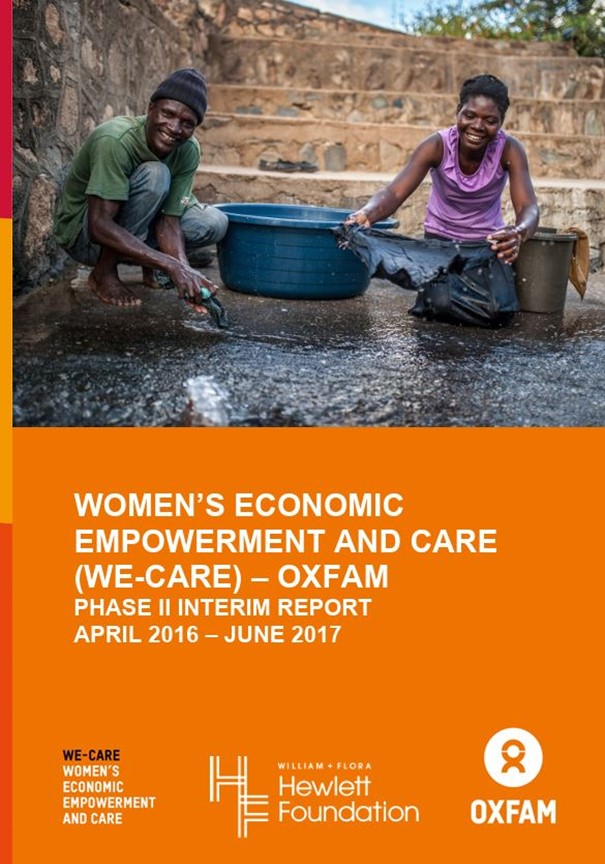Reframing narratives around care and informal work in Kenya, the UK, and Zimbabwe: A synthesis of national research
This research study across three countries – Kenya, UK, and Zimbabwe – was carried out to identify the dominant narratives that influence public perceptions of care and informal work. It enabled the researchers to develop and test new narratives that could be used to improve public attitudes towards care and informal work.




